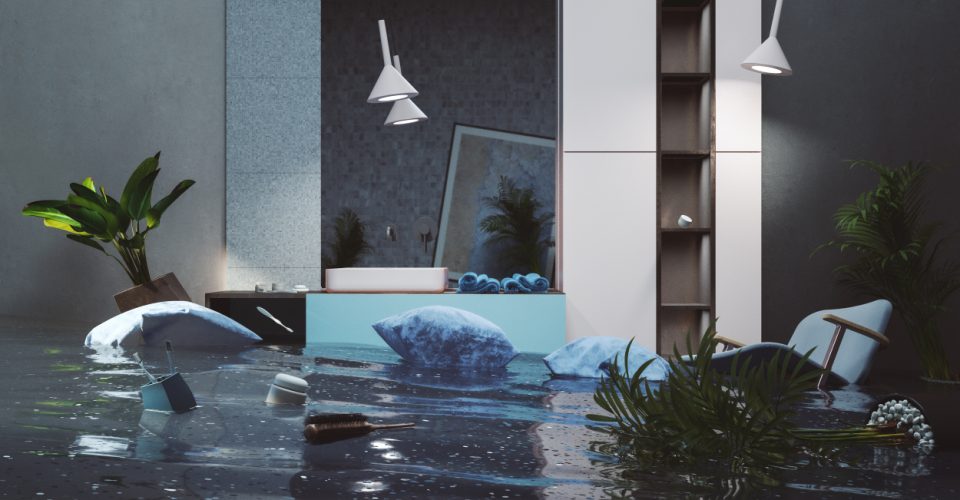Important Things To Do After Your House Floods
A flood is one of the significant challenges to face as a homeowner. Whether it’s leaking pipe issue, torrential rain, or a sewer backed up, dealing with a flooded space or entire home is a nightmare no one wants to deal with. If you’re unfortunate enough to face such an issue then there will be a host of questions on your mind. From what to do next, how to fix the issue or something more niche like when to use a dirty water pump? In this post we share the essential steps you should take after your home floods to minimise the damage.

Safety
Safety is paramount and must come first. If the flooding situation you’ve got on your hand is going to be risky, it’s better to leave your home. You’ll be able to return to the home to deal with the aftermath as soon as it is safe. However, you should take a few precautions first. You should turn off the power to avoid any accidents if possible as well as move obstructions and close any windows. If you’re having to step into the water, wearing protective equipment is a must. You don’t know what you will encounter in the water, so be sure to wear rubber gloves and boots to avoid coming in contact with debris and possible contaminated water.
Stopping the water
Once the property is safe and secured, stopping more water from entering the property is the first thing to do after your home floods. It’s important to assess the risk and only deal with the issue if it is safe. Mitigating the source of the water is the first thing to do. If a burst pipe or malfunctioning sump pump has caused the flood, you should tackle this immediately. In the case of a burst pipe, ensure you close the stop tap to prevent water from leaking. Address this issue as soon as possible and get the pipe fixed. If a sump pump has failed, this needs to be replaced as quickly as possible. It is better to stop the water from flowing and prevent more water from accumulating, this will create less damage to repair later on.
Removing the water
The process of removing the water depends on the amount of water and the rooms affected. You can rely on a puddle pump for draining spaces that have been affected by minor floods, for larger floods you may need professionals. If the amount of water is small and there is no property damage, you can even simply mop the room. However, you will need buckets and a pump to evacuate larger amounts of water.
Drying
After a flood, moisture will likely have deeply penetrated your home. The dampness can be removed with quality air flow, you can do something as simple as opening the window to more dedicated routes such as using portable fans, air conditioners or you can get a dehumidifier to remove the excess moisture from the air and speed up the drying process.
Contact your insurance company
Fixing the issues caused by floods can become costly. Depending on your insurance policy, flooding may or may not be covered so you’ll want to be sure to check whether the policy covers it or the specific reason for the flood.
If your insurance policy covers flooding, It is time to call your insurance company and have them send a representative to assess the damage. They will inspect the situation and determine whether the damage is covered by your policy. In the case of severe weather that will stop the insurance representative from reaching you, it is essential to photograph evidence of the damage. Take as many photos as you can of the aftermath and the cleaning process.
Clean
When you have contacted the insurance company, it is time to clean up the mess. In this phase, you’ll want to determine which things are no longer usable. Water damage and mould can be a severe problem, as it will damage what possession you have left. It can develop within the first 24 hours, so be sure to dry the things you will want to keep.
Food safety
The dirty water you find within your space can contain bacteria that will contaminate the food. Therefore, it is best to throw all food produce that may have come into contact with the water. Things like dishes and glasses, however, needn’t be disposed off and should be washed before use.

